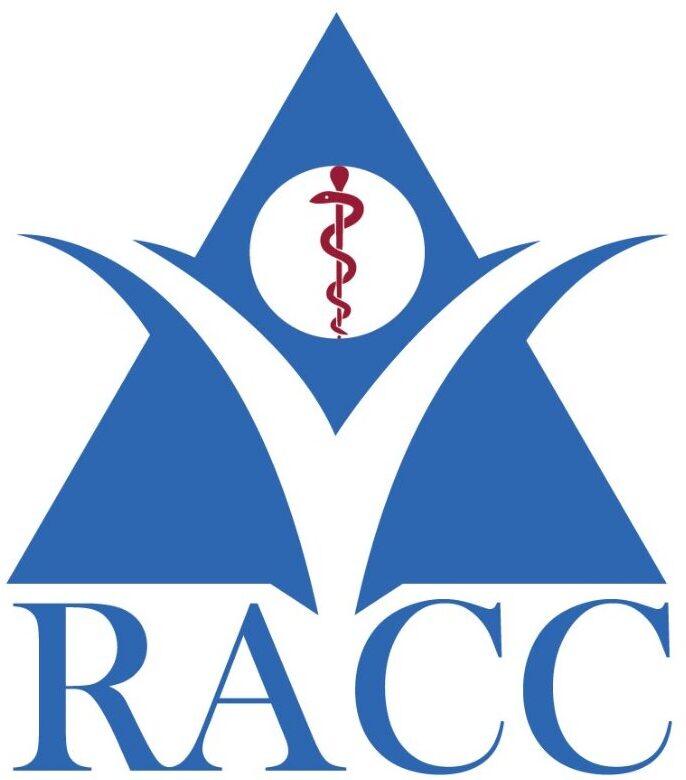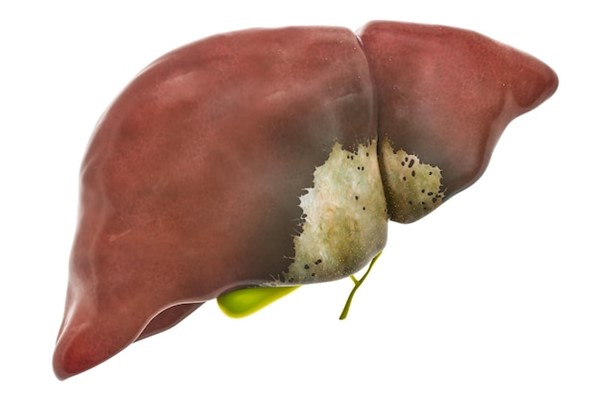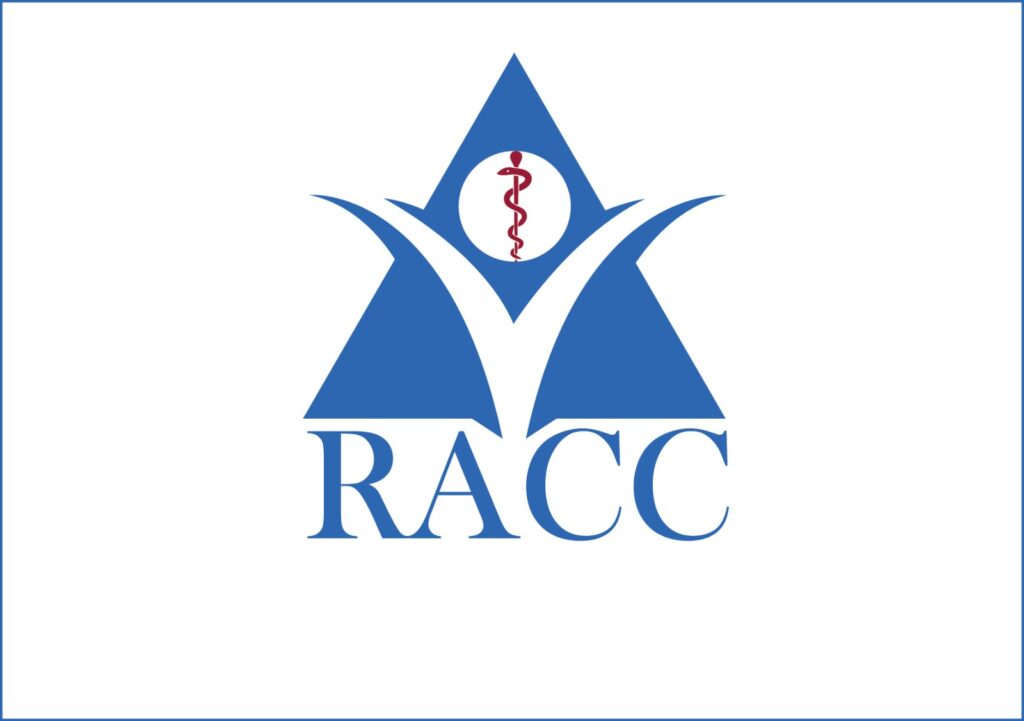Liver failure is a chronic and life-threatening condition where the liver becomes unable to perform its vital functions. The liver plays an important role in eliminating toxins from the body, producing important proteins, and aiding in digestion. When the liver fails, these functions are impaired, and the body’s overall health can rapidly deteriorate.
If you or a loved one is dealing with liver failure, Rajahmundry Advanced Critical Care ICU offers expert care, advanced diagnostic tools, and personalized treatment plans designed to manage and treat this condition.
What is Liver Failure?
Liver failure, also known as hepatic failure, occurs when the liver is no longer able to carry out its normal functions. It can happen suddenly (acute liver failure) or gradually over time (chronic liver failure). The liver is an essential organ that processes nutrients, produces proteins, stores glucose, and detoxifies harmful substances in the blood. Liver failure can lead to severe health issues, including the risk of fatal organ damage.
Liver failure can happen for various reasons, and it often results from conditions such as hepatitis, cirrhosis, or excessive alcohol consumption. Understanding the underlying causes of liver failure is key to effective diagnosis and treatment.
Causes of Liver Failure
There are numerous causes of liver failure, typically characterised into two categories: acute and chronic liver failure.
Acute Liver Failure
Acute liver failure occurs suddenly and rapidly. Some of the primary causes of acute liver failure include:
- Viral Infections: Hepatitis A, B, and C are common viral infections that can result in acute liver failure.
- Drug Overdose: Overconsumption of certain substances is one of the leading causes of acute liver failure.
- Toxins: Exposure to harmful toxins, such as certain chemicals or poisonous mushrooms, can cause rapid liver damage.
- Alcohol Abuse: Heavy drinking over a short period can cause alcohol-related liver injury, leading to liver failure.
Chronic Liver Failure
Chronic liver failure develops slowly over time and is usually the result of long-term liver damage. Common causes of chronic liver failure include:
- Cirrhosis: Scar tissue replaces healthy liver tissue due to long-term liver damage from alcohol use, viral hepatitis, or fatty liver disease.
- Non-Alcoholic Fatty Liver Disease (NAFLD): This condition, commonly associated with obesity and diabetes, leads to the accumulation of fat in the liver, which can eventually result in liver failure.
- Chronic Hepatitis: Chronic viral infections like Hepatitis B or C can cause long-term liver damage.
- Autoimmune Hepatitis: The body’s immune system targets the liver, leading to chronic inflammation and gradual damage.
Symptoms of Liver Failure
The symptoms of This condition can range from mild to severe, depending on how much liver function is lost. Some of the most common symptoms of liver failure include:
- Yellowing of the Skin and Eyes (Jaundice): A yellowish tint to the skin and eyes is one of the hallmark symptoms of liver failure, Triggered by the accumulation of bilirubin in the blood.
- Abdominal Pain and Swelling: A swollen or distended abdomen due to fluid buildup (ascites) is common in liver failure.
- Fatigue: Severe fatigue and weakness are typical as the liver becomes unable to perform its necessary functions.
- Confusion or Disorientation: The accumulation of toxins in the brain due to hepatic encephalopathy can lead to confusion, difficulty with memory, and potentially a coma.
- Nausea and Vomiting: Persistent nausea and vomiting may occur due to the liver’s inability to process food and waste products properly.
- Swelling in the Legs and Feet: Fluid buildup can cause inflammation, particularly in the legs and feet.
- Dark Urine and Pale Stools: Changes in urine and stool color are common as liver function weakens.
If you or someone you know is experiencing any of these symptoms, it’s essential to seek medical attention immediately. Early medical intervention is critical in managing liver failure and preventing further complications.
Diagnosis of Liver Failure
Diagnosing liver failure typically involves a combination of blood tests, imaging studies, and a thorough clinical evaluation. Common tests include:
- Liver Function Tests: These blood tests measure levels of liver enzymes and proteins to determine how well the liver is functioning.
- Imaging: Ultrasound, CT scans, and MRI scans can help doctors assess the liver’s size, structure, and the presence of any abnormalities.
- Liver Biopsy: A biopsy might be needed in some situations to evaluate the severity of liver damage and identify the root cause.
- Blood Clotting Tests: Liver failure often affects the blood’s ability to clot, so clotting tests (such as INR and PT) may be performed to assess this function.
At RACC ICU, we use state-of-the-art diagnostic equipment to accurately assess liver function and identify the cause of liver failure, allowing us to develop a tailored treatment plan for each patient.
Treatment Options for Liver Failure
The approach to treating liver failure depends primarily on its underlying cause and the severity of the condition. Some of the main treatment options for liver failure include:
- Medical Management: In many cases, liver failure can be managed with medications that address the underlying cause. Liver Transplant
In cases of end-stage liver failure, where the liver is beyond repair, a liver transplant may be required. A liver transplant involves removing the diseased or damaged liver and replacing it with a healthy donor liver. This is often a life-saving procedure for patients with advanced liver failure.
At RACC ICU, we provide specialized care for patients requiring liver transplant evaluations and management. Our team collaborates with top transplant centres to ensure that patients receive the highest quality care.
Supportive Care
For individuals with acute liver failure or those awaiting a liver transplant, supportive care is essential. This may include:
- Intensive Care Monitoring: Patients with severe liver failure may require continuous monitoring in an ICU to manage complications like bleeding, infections, and organ failure.
- Nutritional Support: Since the liver plays a role in metabolism, patients may require nutritional support to ensure they receive the necessary nutrients during recovery.
Preventing Liver Failure
While liver failure can occur due to various factors, there are steps you can take to reduce your risk:
- Avoid Excessive Alcohol: Limit alcohol intake to reduce the risk of alcohol-related liver damage.
- Vaccinate Against Hepatitis: Vaccines are available for Hepatitis A and B, two viral infections that can cause liver damage.
- Maintain a Healthy Weight: Non-alcoholic fatty liver disease (NAFLD), often linked to obesity, can advance to cirrhosis and liver failure.
- Be Cautious with Medications: Some medications can be toxic to the liver, so always follow your doctor’s instructions and avoid self-medication.
- Practice Safe Hygiene: Prevent viral hepatitis by practicing safe hygiene and avoiding contact with contaminated blood or bodily fluids.
Take Charge of Your Liver Health Today
Liver failure is a serious condition, but with early diagnosis and the right treatment, many patients can recover and lead a healthy life. If you or a loved one is experiencing symptoms of liver failure, it’s crucial to seek medical care as soon as possible.
Rajahmundry Advanced Critical Care ICU is here to provide the expert care you need during this challenging time. Contact us today for a consultation or to learn more about our liver care services. Let us help you take the first step toward healing and recovery.



